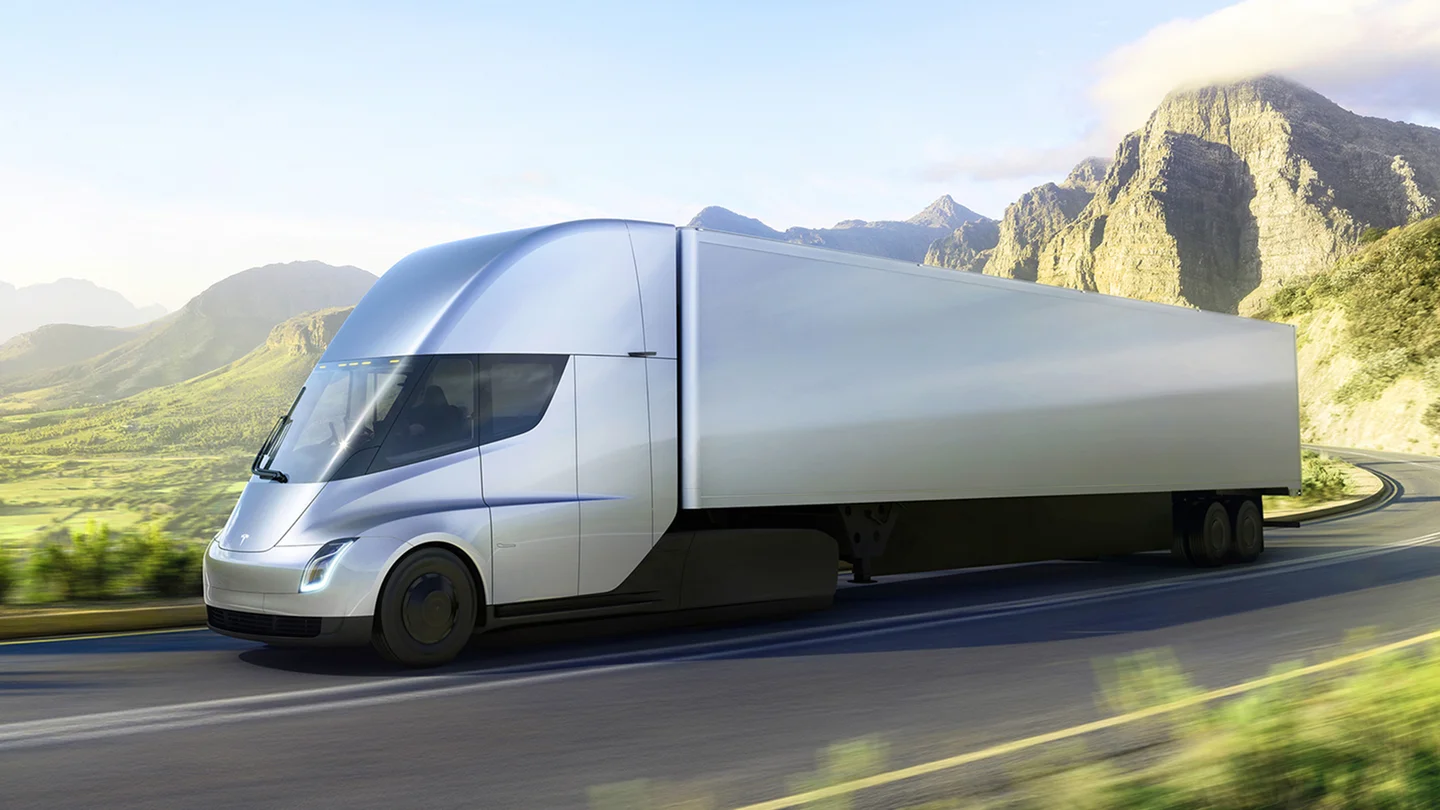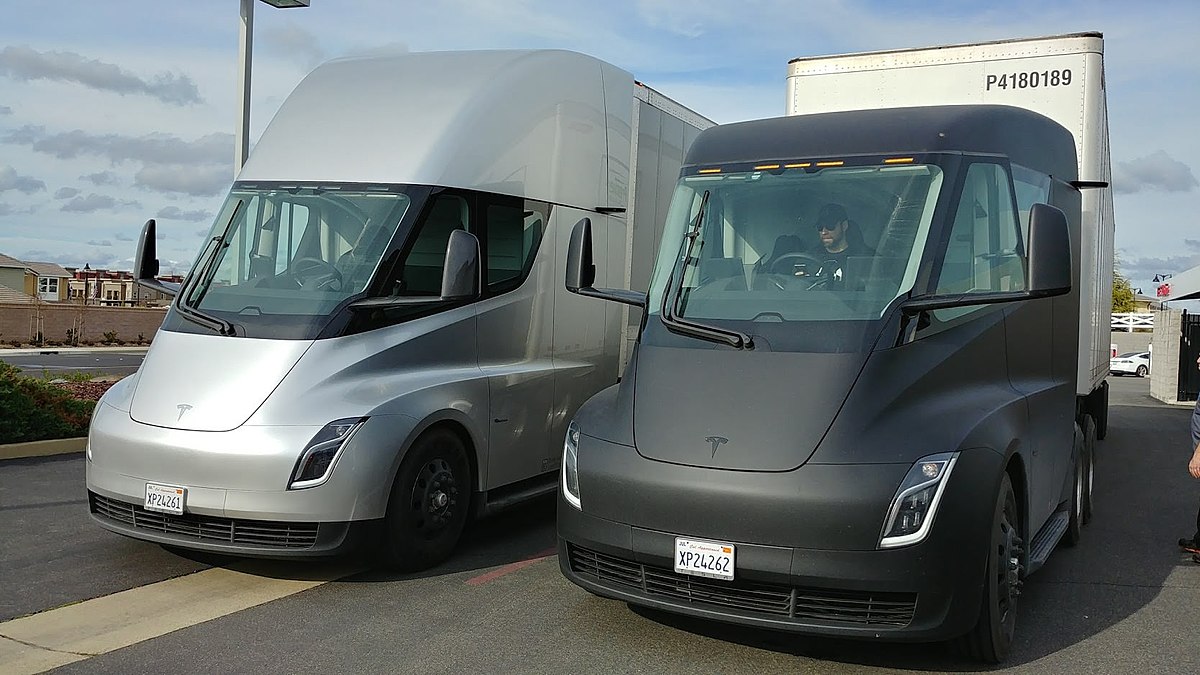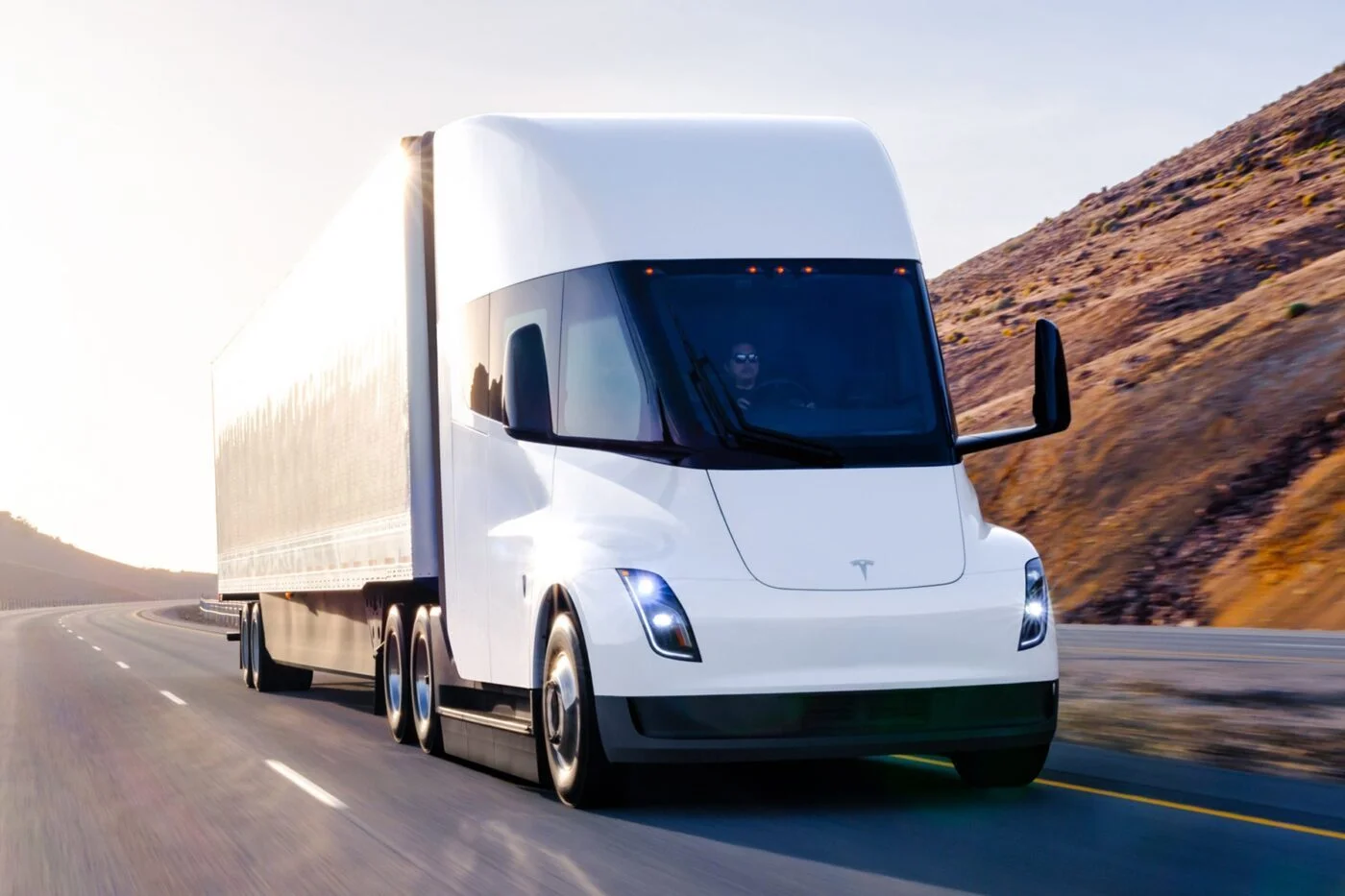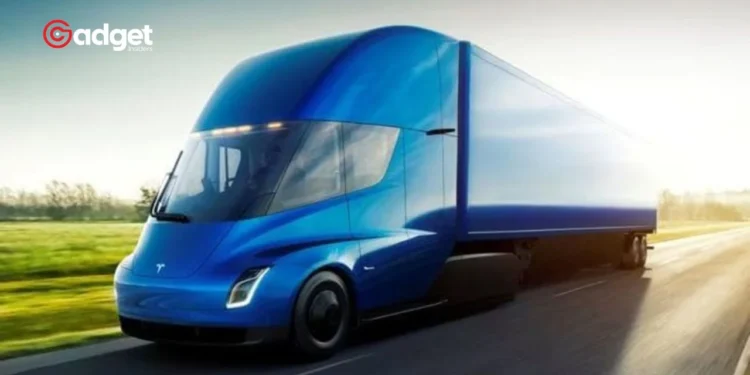In a significant shift towards sustainable transportation, Tesla’s Semi truck is now being tested by Sysco, a powerhouse in the U.S. food distribution sector. This collaboration is notable as it extends beyond Tesla’s previous use of the Semi with internal operations and its initial major partnership with PepsiCo.

A Slow but Steady Progress in Tesla’s Electric Truck Ventures
Despite the slow production pace of Tesla’s Semi, with only about 70 units produced since its inception over a year ago, the future looks bright. These vehicles were primarily deployed within Tesla’s operations and PepsiCo, but now, with a new production facility on the horizon at Gigafactory Nevada, Tesla is ramping up its capabilities.
Tesla Semi Program Update
Tesla is working with a new customer in preparation for delivering semi’s to a customer other than Pepsi.
The new customer is not any of the well-known buyers like UPS, Anheuser Busch, Walmart, JBHunt, SYSCO, etc.
The next customers use-case is… pic.twitter.com/67gndldF0t
— Zanegler (@HinrichsZane) March 17, 2024
Sysco’s Leap into Electric Freight with Tesla
During Sysco’s recent Investor Day in New York, the company announced its reservation of 50 Tesla Semi trucks, which first caught the public’s eye back in 2017. A recent sighting of a Sysco-operated Tesla Semi in California, captured in a video uploaded by Richard Garcia on X, attests to the active deployment of these electric trucks outside Tesla’s direct control.
Tesla’s Chairman and CEO, Elon Musk, has consistently championed the Semi, which he unveiled in 2017. Since then, Tesla has been fine-tuning its design and production processes to meet the growing demands of the logistics and transportation industries.

Anticipated Impact and Performance of the Tesla Semi
Tesla’s Semi is engineered to disrupt long-haul transportation. Capable of traveling up to 500 miles on a single charge while fully loaded, the Semi represents a direct challenge to conventional diesel trucks. This capability is particularly important as businesses and regulatory bodies increasingly focus on reducing carbon emissions in the logistics sector.
The electric truck’s promising performance aligns with broader environmental goals and positions Tesla as a potential leader in the green transformation of freight and logistics. The expected increase in production and subsequent customer deliveries, slated to commence in earnest by 2026, mark critical milestones for Tesla.

Looking Ahead: The Future of Electric Freight
With Tesla at the helm, the trajectory for electric freight is set to ascend. Sysco’s adoption of the Semi signals a broader industry shift that could see other major players following suit. As Tesla continues to innovate and expand its production capabilities, the electric Semi is poised to become a more common sight on highways, contributing significantly to the reduction of carbon footprints across the supply chain.
Tesla’s journey with the Semi, despite previous setbacks such as recalls over parking brake issues, illustrates the typical challenges and triumphs of pioneering technology in traditional industries. As the landscape of electric vehicles evolves, Tesla remains at the forefront, driving change and redefining the boundaries of what is possible in automotive technology and beyond.
In essence, Tesla’s partnership with Sysco is more than just a test of technology—it’s a test of future possibilities, setting the stage for a cleaner, more efficient world. As this partnership progresses, it will undoubtedly provide valuable insights into the viability and performance of electric trucks in high-demand logistics operations, paving the way for a sustainable transportation revolution.










